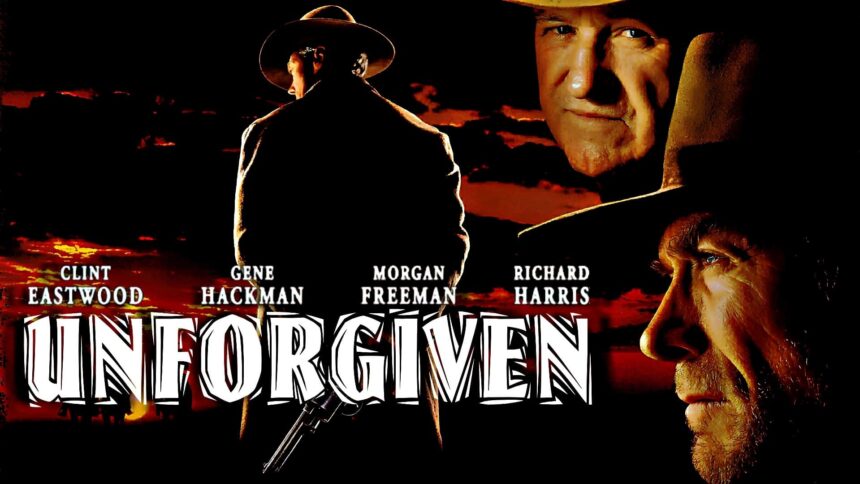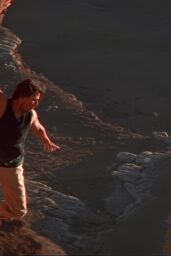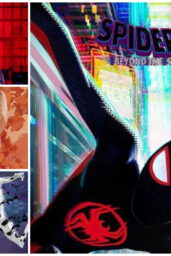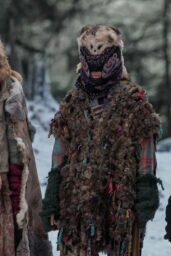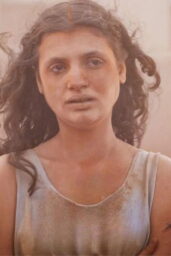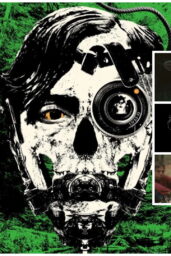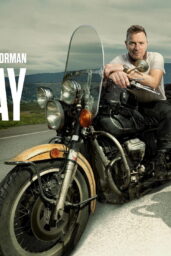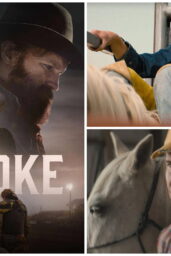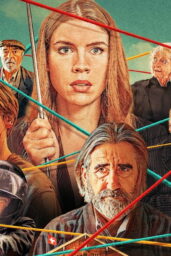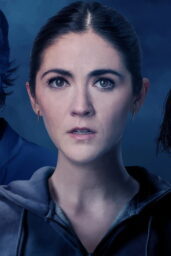There's a rare magic when a director recognizes greatness and steps aside to let it shine. Clint Eastwood, a filmmaker known for his meticulous control, did just that with Gene Hackman's performance in Unforgiven. Hackman, who recently passed away at 95, left behind a legacy of unforgettable roles, but his turn as the tyrannical Sheriff “Little Bill” Daggett stands as a masterclass in villainy. Why did Eastwood refuse to alter Hackman's performance? The answer reveals as much about Eastwood's directorial genius as it does about Hackman's unparalleled talent.
When Unforgiven hit theaters in 1992, it wasn't just another Western—it was a deconstruction of the genre itself. Eastwood, both starring in and directing the film, crafted a story about aging, morality, and the cost of violence. But it was Gene Hackman's portrayal of Little Bill that stole the show. Hackman's Sheriff wasn't just a villain; he was a man drunk on power, a bully who believed his cruelty was justified. Eastwood, in an interview with IndieWire, admitted that Hackman's performance was so flawless from the start that he didn't dare interfere.
“Sometimes I rehearse with the actors, sometimes I don't,” Eastwood said. “Gene had the character so perfect right out of the box on every shot, every sequence. He really didn't have to do anything different—he was amazing.”
Hackman's Little Bill is a study in subtlety and menace. Every sneer, every cold-hearted decree, builds a character you love to hate. His cruelty isn't cartoonish; it's grounded in a terrifying realism. Whether he's beating down a defenseless cowboy or mocking Eastwood's William Munny, Hackman makes you feel the weight of his tyranny. It's no wonder Eastwood often skipped rehearsals and just rolled the camera, fearing he might lose the raw brilliance of Hackman's performance.
The film's climax, where Munny finally confronts Little Bill, is a testament to Hackman's ability to make you cheer for his downfall. By the time Munny walks into that saloon, you're not just rooting for justice—you're craving it. Hackman's performance is the spark that ignites the film's moral fire, and Eastwood knew better than to extinguish it.
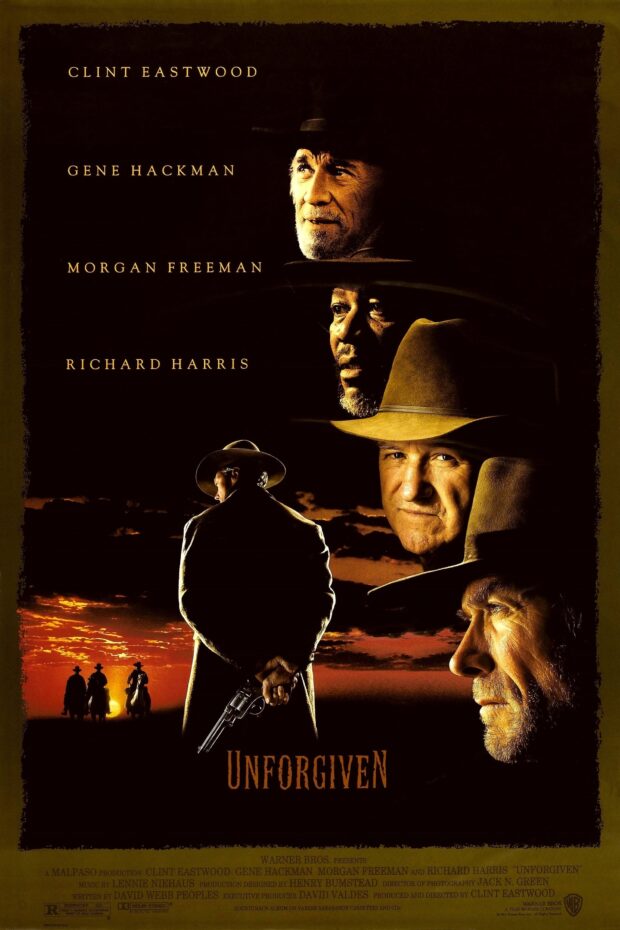
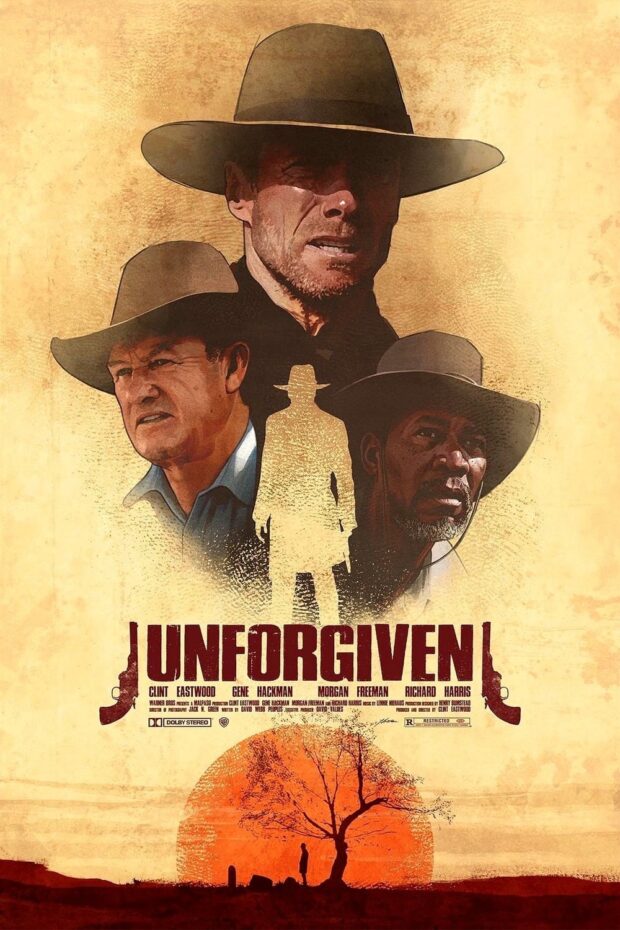
Gene Hackman's performance in Unforgiven is a reminder of what makes cinema timeless. It's not just about the lines or the action—it's about the humanity (or lack thereof) that an actor brings to the role. Eastwood's decision to leave Hackman's performance untouched was a masterstroke, a rare moment of humility from a director who trusted his actor's instincts. Together, they created a film that isn't just a Western—it's a meditation on power, morality, and the cost of violence.
Hackman's passing marks the end of an era, but his work in Unforgiven ensures his legacy will endure. As Eastwood himself might say, sometimes the best direction is knowing when to step back and let greatness unfold.
What's your favorite Gene Hackman performance, and why? Do you think modern cinema could benefit from the kind of restraint Eastwood showed with Hackman?

